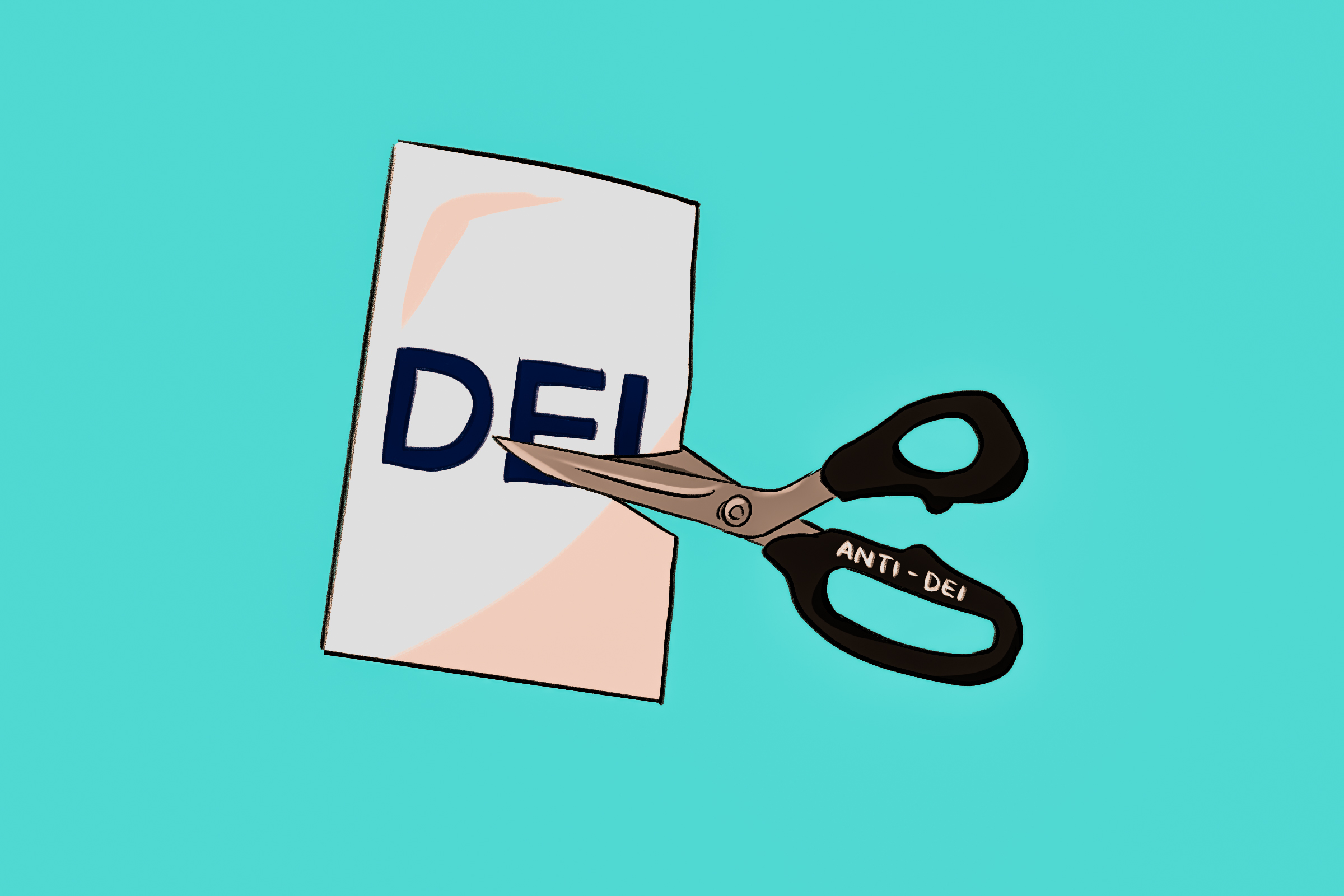Why Marketing Leaders Are Warning Against Scaling Back DEI Efforts

Amazon, Meta, Target, and Walmart, once vocal proponents of diversity, equity, and inclusion (DEI), have been forced to reevaluate their strategies. This has ignited debate over why some brands, once vocal proponents of DEI, have been scaling back.
Despite facing political and public scrutiny that has led some brands to reduce their DEI efforts, companies like Apple, Costco, and JPMorgan Chase are maintaining their commitment to these programs.
The change in approach reveals the complex pressures businesses face today, and raises the question: how are DEI pushbacks actually affecting brands and agencies?
Nicholas Love, CEO of Kulur Group, emphasized that the recent pushback against DEI initiatives has not altered the company’s brand strategy. Instead, he stated that Kulur Group is doubling down on its commitment to diversity, equity, and inclusion. Love reaffirmed that DEI is deeply embedded in the company’s identity and remains a non-negotiable foundation of its values.
“The notion that DEI is somehow less important because of recent pushback is misguided,” said Love. “Decades of data and experience have shown that diversity drives innovation, fosters better ideas and creates a competitive edge.”
Love highlighted the growing need for brands to navigate an increasingly segmented world, where personalization and cultural intelligence are critical. According to Love, understanding diverse personas is essential for brands seeking to forge authentic connections with their audiences. Kulur Group remains steadfast in its mission to integrate DEI principles into every aspect of its operations, regardless of external pressures.
Beyond simply scaling back, some organizations have taken more drastic steps, including defunding DEI offices, laying off DEI staff, and canceling diversity training programs. Federal agencies have even been instructed to remove DEI resources from their platforms. This pullback extends to marketing as well, with brands that actively engaged diverse creators from 2020-2023 significantly reducing such partnerships at the beginning of 2024.
“The notion that DEI is somehow less important because of recent pushback is misguided,” said Love. “Decades of data and experience have shown that diversity drives innovation, fosters better ideas and creates a competitive edge.”
In 2022, 32% of US marketing teams and 14.3% of CMO/equivalent roles were ethnically diverse, up from 27.9% and 12% respectively in 2019 (ANA). However, recent data suggests DEI spending, including on diverse content creators, has decreased in 2024 following years of growth. Though it is not clear by how much.
Aleena Mazhar Kuzma, Managing Director and SVP at FUSE Create, noted the rollback of DEI initiatives by governments and brands. She stated DEI policies should create inclusivity and belonging for employees, customers, and communities. Kuzma added these initiatives promote understanding of similarities and differences between individuals and groups.
“Consumers are talking about ‘voting with their wallet’ however there is a say / do gap between what people are talking about online vs. their actions offline,” said Kuzma. “My recommendation to brands and companies is to ensure DEI policies are seen with a legal lens, and if there is no legal risk, maintaining and in some cases increasing support for DEI demonstrates the organizations’ values and shows consumers what you stand for as an organization.”
Gen Z values companies that genuinely commit to DEI, seeing it as both ethical and smart business. They believe inclusive brands create authentic products and campaigns with lasting impact. For Gen Z, DEI isn’t something to scale back on; it’s something to double down on. They align with brands demonstrating real commitment to positive change, not performative allyship.
“When inclusivity is prioritized, the results speak for themselves through stronger campaigns, deeper resonance and better business outcomes,” said Love.





